If you're a fan of intricate plots, mind-bending puzzles, and the thrill of solving a mystery, then this collection of crime deduction films is just for you. Each film in this list not only showcases the art of deduction but also offers a unique twist or perspective on the genre. From classic whodunits to modern psychological thrillers, these films are sure to keep you on the edge of your seat, piecing together clues with the protagonists.
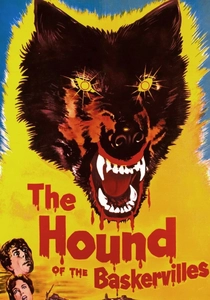
The Hound of the Baskervilles (1959)
Description: This film adaptation of Sir Arthur Conan Doyle's famous Sherlock Holmes story brings to life the eerie tale of a cursed family and a spectral hound. It's a quintessential example of deduction, with Holmes using his unparalleled observation skills to unravel the mystery.
Fact: Peter Cushing, who played Holmes, was also a huge fan of the character and had a collection of Holmes memorabilia.
 Watch Now
Watch Now
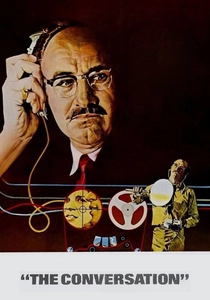
The Conversation (1974)
Description: This film focuses on Harry Caul, a surveillance expert, who becomes paranoid after recording a conversation that might involve a murder plot. It's a deep dive into the ethics of surveillance and the art of interpreting what is heard.
Fact: Francis Ford Coppola wrote the script in 1966, but it took years to get the film made due to financial constraints.
 Watch Now
Watch Now
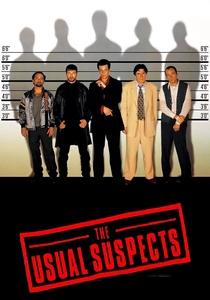
The Usual Suspects (1995)
Description: This film is a masterclass in misdirection and deduction, with a plot that keeps you guessing until the very end. It's about a group of criminals who are brought together for a heist, but the real mystery is the identity of Keyser Söze.
Fact: The film's famous line "The greatest trick the devil ever pulled was convincing the world he didn't exist" was improvised by Kevin Spacey.
 Watch Now
Watch Now
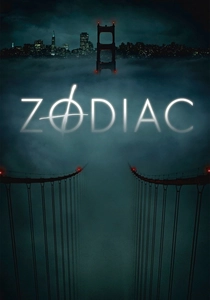
Zodiac (2007)
Description: Based on the real-life Zodiac Killer case, this film delves into the obsessive pursuit of a serial killer by a cartoonist and two detectives. It's a study in frustration and the limits of deduction when dealing with an elusive criminal.
Fact: David Fincher, the director, spent years researching the case, which is reflected in the film's attention to detail.
 Watch Now
Watch Now
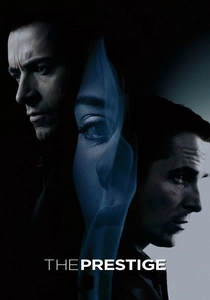
The Prestige (2006)
Description: While more of a psychological thriller, this film involves two rival magicians whose obsession with outdoing each other leads to a complex web of deceit and deduction. The narrative structure itself is a puzzle to be solved.
Fact: The film was shot in reverse order, starting with the end scenes and working backwards.
 Watch Now
Watch Now
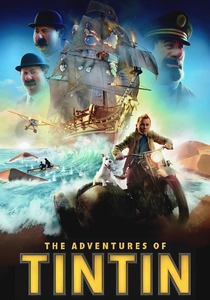
The Adventures of Tintin (2011)
Description: While not strictly a crime film, Tintin's adventures often involve solving mysteries, and this animated adaptation captures the essence of deduction through the young journalist's escapades. The film combines adventure with clever detective work.
Fact: The film was directed by Steven Spielberg, who has expressed interest in making a sequel.
 Watch Now
Watch Now
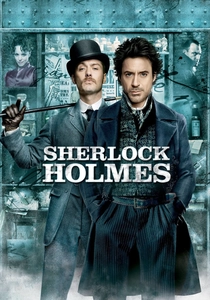
Sherlock Holmes (2009)
Description: Guy Ritchie's take on the legendary detective offers a more action-packed approach but doesn't skimp on Holmes' deductive prowess. The film shows Holmes' thought processes in a visually engaging way, making deduction accessible and thrilling.
Fact: Robert Downey Jr. did much of his own stunt work in the film.
 Watch Now
Watch Now

The Girl with the Dragon Tattoo (2011)
Description: This film adaptation of Stieg Larsson's novel features Lisbeth Salander, a brilliant hacker, who teams up with journalist Mikael Blomkvist to solve a decades-old disappearance. The film showcases the power of digital deduction alongside traditional investigative methods.
Fact: Daniel Craig, who played Blomkvist, had to learn Swedish for the role.
 Watch Now
Watch Now
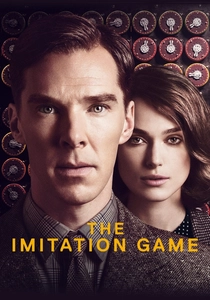
The Imitation Game (2014)
Description: While not a traditional crime film, Alan Turing's story involves cracking the Enigma code, which requires immense deductive reasoning. This film showcases the mental gymnastics involved in codebreaking.
Fact: Benedict Cumberbatch, who played Turing, also portrayed Sherlock Holmes in the TV series "Sherlock."
 Watch Now
Watch Now
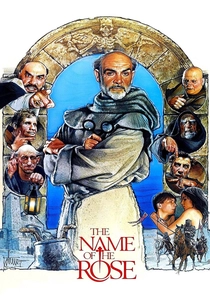
The Name of the Rose (1986)
Description: Set in a 14th-century Italian monastery, this film follows a monk, William of Baskerville, as he uses logic and deduction to solve a series of mysterious deaths. It's a cerebral journey through medieval crime-solving.
Fact: Sean Connery, who played William, was not the first choice for the role; Dustin Hoffman was initially considered.
 30 Days Free
30 Days Free









